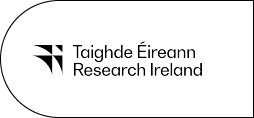
Move to Open Access publishing ‘distorting’ research metrics, Insight at UCD study finds
Study of 1.4m Computer Science publications finds rise in output, fall in standards since 2000
Dublin, 10 September 2025: A major review of scientific publications in the field of Computer Science since 2000 has revealed significant changes in the quality of academic publishing, an unintended consequence of the move towards Open Access academic publication models, according to a study from the Insight Research Ireland Centre for Data Analytics at University College Dublin.
Profs Barry Smyth and Pádraig Cunningham studied 1.4m Computer Science publications from 2000 to 2023 and discovered a fivefold increase in publication volume in the period, from 20,000 to 120,000 papers per year. Over the same period, there has been a significant increase in the number of authors on papers. This distorts research metrics that typically do not consider the number of authors on a paper. The study was published in the journal Communications in ACM.
This volume increase coincides with a move to Open Access publishing, which allows readers to access research publications without paying a fee, but it does so by shifting the cost to the author. This change in economics has created new commercial opportunities in the world of academic publishing, but brought with it several unintended consequences.
For centuries the quality of academic research has been safeguarded by the so-called peer review process, in which papers submitted for publication are independently, anonymously and rigorously reviewed, by several of the authors’ peers. It is a time-consuming process, often taking months, which can be bruising for the authors, but it has stood the test of time as a way to ensure the highest standards in published research.
The recent move to an “author pays” model attracted new publishers and some have been branded as ‘predatory’ as they are accused of exploiting the Open Access model by trading quality for quantity under the guise of free access for readers. For example, paying authors are sometimes offered a more rapid peer-review and accelerated time-to-publication. This can be problematic for maintaining the high scholarly standards that have been the hallmark of academic research.
To investigate this, the researchers compared articles in new Open Access and traditional scientific journals. Their analysis found that while new Open Access publishers have experienced higher growth rates than their traditional counterparts, new Computer Science papers in these publications tend to receive fewer citations than they produce. Citations are instances of authors referencing other research papers in their work and are a key measure of quality and influence in the global academic network.
‘In the publish-or-perish academic world it is important for researchers, especially early-career researchers, to recognise the realities of this changing publication dynamic,’ said report co-author Prof Barry Smyth, a founding director of the Insight Research Ireland Centre and Digital Chair of Computer Science in University College Dublin.
Furthermore, these unintended consequences need to be carefully considered, as governments and funding agencies push for more open access to government funded research, so that the quality of Open Access models can be guaranteed.
‘The evidence reported here justifies changes in how publication quality is assessed to properly account for these landscape changes by considering authorship and impact more carefully,’ says the report’s lead author, Prof Padraig Cunningham, a Full Professor in the School of Computer Science in University College Dublin.
An Analysis of the Impact of Gold Open Access Publications in Computer Science
For further information contact Louise Holden, FH Media Consulting Ltd
louise@fhmediaconsulting.com
00353 87 2423985
The Insight Research Centre for Data Analytics is one of Europe’s largest data analytics research organisations, with over 450 researchers, more than 80 industry partners and €150+ million in funding. Its research spans Fundamentals of Data Science, Sensing and Actuation, Scaling Algorithms, Model Building, Multi-Modal Analysis, Data Engineering and Governance, Decision Making and Trustworthy AI. Insight is made up of four host institutions at DCU, University of Galway, UCC and UCD. Insight’s partner sites are Maynooth University, Tyndall, TCD and UL. www.insight-centre.org

